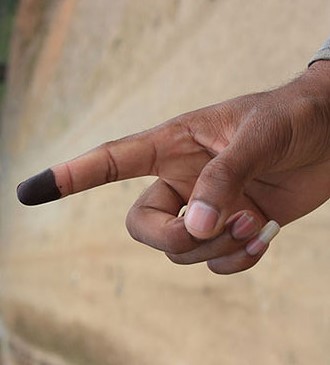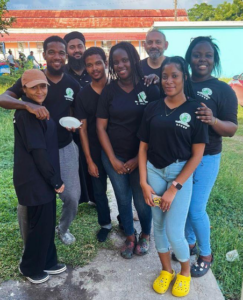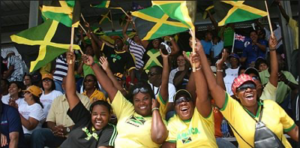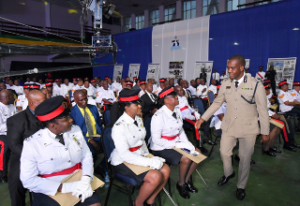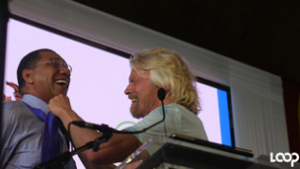The local government election is constitutionally due, and the date should be announced by the Prime Minister in the near future (the elections should be held by February 28, 2024).
Persons who serve in local government have smaller areas than members of parliament within which to work. Simply put, a constituency, which is managed by a member of parliament (MP), is broken down into smaller subsets. For the purpose of the electoral process, these are called Electoral Divisions, which make up municipalities that are managed by a mayor, chief executive officer, and councillors.
These elected officials are generally closer to the people, and some of what can be considered the day-to-day concerns of the electorate. They are responsible for maintaining infrastructure and public facilities, such as parochial roads, water supplies, drains, parks, recreational centres, markets, transportation centres, and public sanitary conveniences. Sadly, since their funding is generally much less than that of the MPs, some citizens prefer to go directly to their Member of Parliament on certain issues.
But if we follow what I will call the “Jethro principle”, that is, “rulers of thousands, rulers of hundreds, rulers of fifties, and rulers of tens” (Exo 18:25), there will still be a need to have leaders overseeing the needs and concerns of smaller groups, who will then report into a bigger group; this is where the mayors and councillors come in.
THE ELECTORAL PROCESS IN GREATER DETAIL
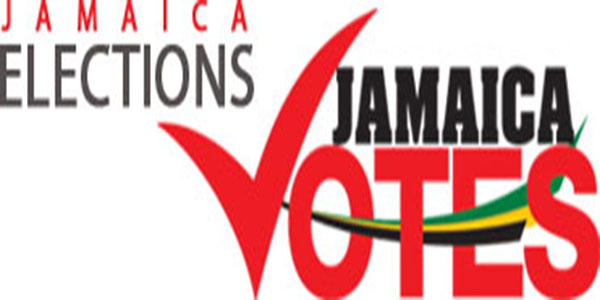
During a local government or national election, the presiding officer (PO)—the person who is charged by law and has autonomy for the conduct of the poll in the polling station assigned—will greet you as you enter the polling station.
- You will be asked for your name, occupation, and address at the time of registration and to produce your elector registration identification card (Voter ID card). You should give the relevant information and your voter ID card to the presiding officer.
- The presiding officer and poll clerk (PC), the person who details the voting activities that take place within the station on Election Day, will check the official voters’ lists for your name. If found, a tick is placed against your name.
- The PO will check your voter ID card for authenticity and to ascertain your identity (to satisfy himself or herself that you are the same elector as on the official voters’ lists).
- Your right index finger and all other fingers will be examined for stains of electoral ink using the integrity lamp to check if you have already voted. (It is an offence under the Representation of the People Act (ROPA) to attempt to vote more than once.)
- Once satisfied that you are entitled to vote, the PO will detach the ballot paper from the stub, insert his or her initials at the top, and give you the necessary instructions on how to properly mark, fold, and return the ballot paper. (The PO will crease the ballot paper to show you how to properly fold it upon your return, but will hand you the unfolded ballot paper.)
- You will then be directed to the voting booth to use the pencil provided to mark a cross “x” beside the symbol of the candidate of your choice.
- N.B. At no time should the presiding officer attempt to influence you to cast your ballot for any particular candidate.
- Before leaving the voting booth, you are required to fold the ballot paper along the creases that were previously made by the PO as a guide. Without your mark being visible.
- The initials of the PO should be visible at the top of the folded ballot paper.
Once the PO has received the folded ballot paper from you, he or she will examine the serial number and his or her initials to ensure it is the same ballot paper that was issued to you, and then remove and destroy the counterfoil in your presence.
Then the PO will once again examine your fingers to ensure that there is no substance on your fingers to prevent the staining with the electoral ink.
Once satisfied that there is no such substance, your right index finger will be stained with the electoral ink by immersion in the appropriate container. After the staining of your finger, the PO will deposit your ballot paper in the ballot box, at which point you will be given a sheet of wipes or tissue.
- In the event you refuse to have your right index finger stained, your ballot paper will not be placed in the ballot box, and the PO will have to effect measures for the destruction of such ballot paper. Your name will be struck from the Official Voter’s List, and you will be prohibited from voting if you change your mind and return to vote later in the day.
- Your ID card will be returned, and you will be invited to exit the polling station and the polling location (the facility that houses a number of polling stations).
VOTERS WITH NO I.D. CARDS AND OTHER CHALLENGES
There are measures for persons who do not have their voter’s ID card, which will involve being identified through a series of questions, swearing to or affirming your identity once the PO is satisfied that you answered the questions correctly, and then being fingerprinted. This process can add up to 10 minutes to the overall procedure. It is advised that you go to your constituency office to collect your voter ID card so that the voting process will be smooth.
At a later date, we shall explore the procedures put in place for special cases, such as blind or physically incapacitated electors and persons whose names may be incorrectly spelled on the official voter’s list.
WHY VOTE?
It is hoped that the details above on the electoral process have shed some light on the procedures to be followed on Election Day, as it is so important that the electorate turn out in large numbers to let their “x” be registered.
The electoral process is so designed that all of us, as citizens who have registered to vote, will be given the opportunity to have a say in the selection of our leaders and in the direction in which we want our country to be steered. If you are able to vote and decide not to, I ask that you consider again if this is really the best decision you can make. Additionally, I invite you to share other ways that you intend for your voice to be heard.
Let as many of us as possible come out and prayerfully vote. Have your finger inked and supplicate for Godly leaders, so that Jamaica, under God, will increase in beauty, fellowship, and prosperity, and play her part in advancing the welfare of the whole human race.
______________________________________
Jascinth Aarons is a trainer of Election Day Workers. Contact [email protected]

